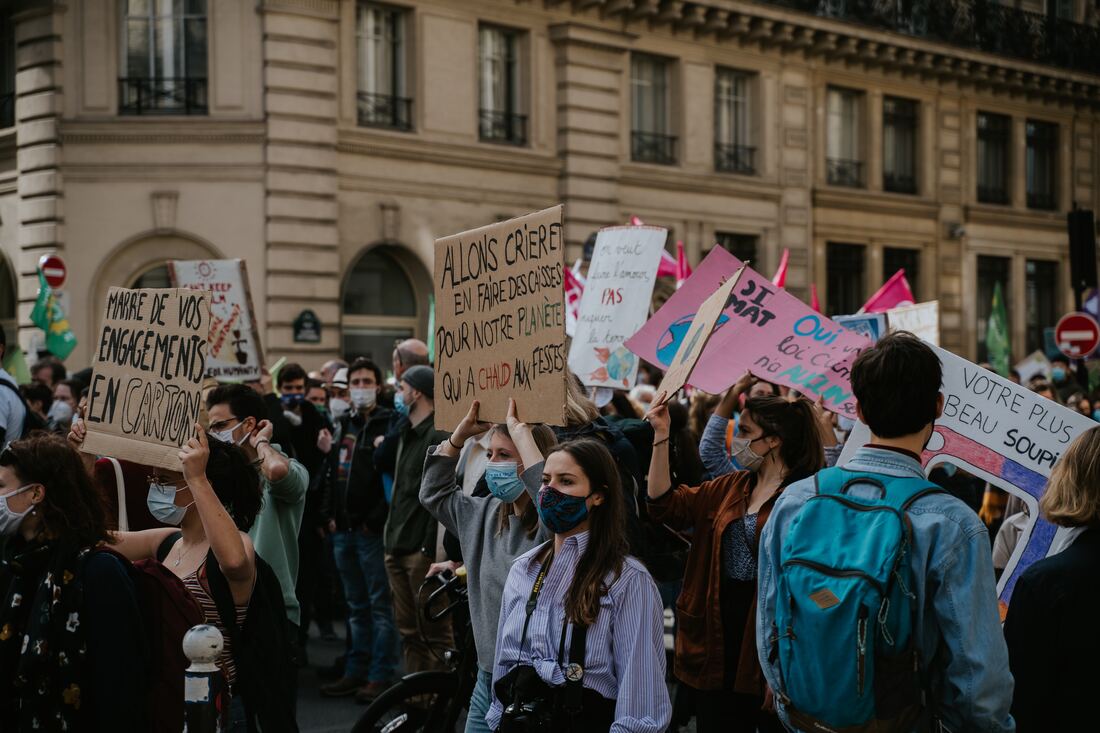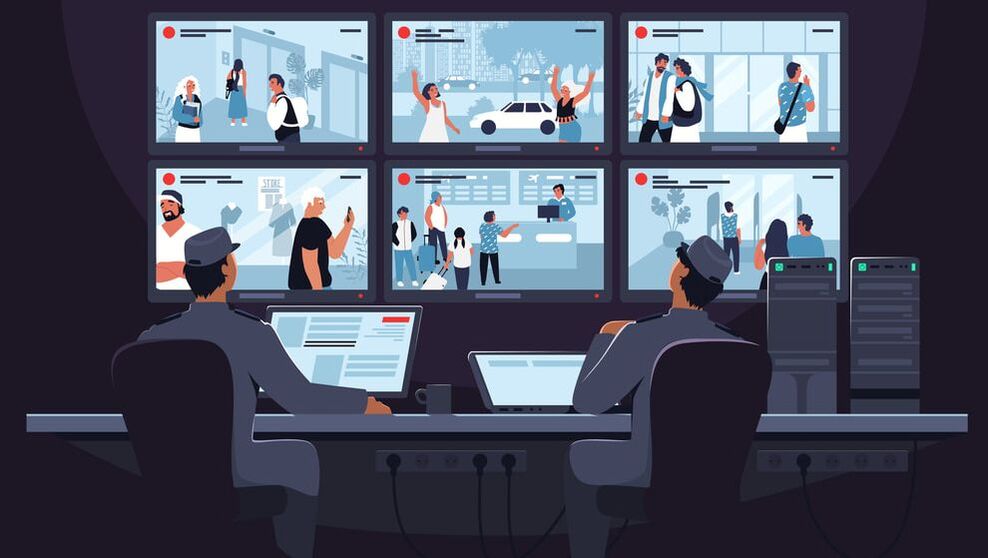|
Demonstrations are regularly organized to express opinions, demands or discontent on a wide range of issues related to the evolution of society. They can take many forms, including marches, rallies, strikes, petitions and more. Their aim is to put pressure on the authorities, raise public awareness and bring about social or political change. They can be aimed at objectives such as defending human rights and combating social injustice, promoting equality, protecting the environment or expressing dissatisfaction with a political decision. An expression of opinions Demonstrations can have a significant impact on politics and the evolution of societies. They are powerful means for individuals and groups to voice their opinions, demand rights and promote political and social change. They can, in some cases, influence government decisions, raise public awareness or provoke debate, thereby helping to maintain the democratic path. The other side of the coin Demonstrations have the power to highlight issues, catalyze change and inspire broader movements for human rights and social justice. However, they can also be controversial, particularly in terms of the methods used, which can undermine public safety. While some demonstrations take place peacefully and lead to constructive dialogue, others can degenerate into confrontations with the forces of law and order. Some of the methods used can also disturb and endanger the public, for example when road blockades prevent emergency services from getting through. Some demonstrations are subject to high levels of tension and frustration, and are more likely to become violent and uncontrollable. Acts of vandalism, looting, arson and even violence against members of the public can occur, although it has to be said that Switzerland is still relatively free of such abuses. Not all demonstrations degenerate into riots, but when they do, they can have significant consequences for public safety and the perception of the movement by the rest of society. Such excesses can have a divisive and even counter-productive effect. A safety issue for organizers and participants Demonstrations can present safety risks, both for participants and for the forces of law and order. Disruptions, violence or damage can interfere with the smooth running of events and freedom of expression. This is why it can be useful to call on private security professionals, who can ensure the protection of people and property in the vicinity of these events. A private security company can offer services tailored to this type of need, while respecting legal and ethical standards and allowing the forces of public order to supervise the processions of demonstrators.
0 Comments
Security guarding is a vast and diversified profession, offering many career opportunities, both in the security field and as a springboard to other professional sectors. An ideal opportunity for students For young people currently studying, becoming a security guard is an excellent way to enter the job market. This field often offers flexible working hours, which is ideal for students wishing to combine work and study. Part-time positions or positions adapted to school schedules are often available, making it easier to hire people with little previous experience. Fast-track on-the-job training, combined with experience shared with more experienced colleagues, enables a rapid rise in skills. What's more, working as a security guard offers the opportunity to gain practical experience while developing crucial skills such as responsibility, conflict management and problem-solving. These skills are invaluable and advantageous for a future career. A springboard to a career in law enforcement The role of private security guard can also be a starting point for those considering a career in the law enforcement professions, such as the police or the army. Although these professions require specific skills and rigorous training, experience gained as a security guard is particularly valuable in subsequent recruitment processes. It enables you to develop a practical understanding of the field, and to learn about security protocols, emergency response procedures and crime prevention principles. This prior knowledge facilitates adaptation to future professions and understanding of their specific challenges. Skills transfer Many of the skills acquired as a security guard are transferable to the order professions. Communication, conflict management, problem-solving and teamwork skills are particularly effective in interpersonal communication, handling stressful situations and collaboration. Working as a security guard also enables you to forge professional links with others in the field, helping to establish a solid professional network. The security guard profession therefore offers a serious professional framework, with multiple possibilities for advancement, whether by remaining in the security field or by opening doors to other professional horizons. It embodies an essential commitment to the protection of property and people, helping to maintain security and serenity in our society.
Psychiatric hospitals are sensitive places where strong and complex emotions are expressed. These environments bring together people with serious mental disorders, as well as those who are going through the worst times of their lives, due to disruptive events or who need temporary support. Whatever the reasons, safety is of paramount importance to ensure the well-being of patients and staff alike. A protective environment Psychiatric hospitals are generally designed to minimize the risk of injury to both patients and staff. This can range from the prohibition of potentially dangerous objects to the implementation of specific safety measures in rooms and communal areas. Staff working in psychiatry generally also receive appropriate training in managing aggressive or disruptive behavior. This enables them to better understand patients, prevent incidents and react appropriately when a situation arises. In addition, patients admitted to a psychiatric hospital are assessed for any risks associated with their psychological conditions. While practices may vary from one establishment to another, they generally employ trained security guards to ensure the safety of the premises. Their tasks are varied. They may include preventive rounds in and around the facility, paying particular attention to sensitive areas. Security guards are also on hand to accompany medical staff when required to meet with certain patients, and are regularly called upon to assist with the arrival of new residents. Trained in this particular context, agents work closely with both medical staff and emergency services such as the police or medical emergencies. A complex job The job of a security guard in a psychiatric environment is a complex one. On the one hand, they must be firm and command respect, but they must also act as a pillar of trust and a calm presence. This is an important role in supporting the medical staff, but also in reassuring the patients themselves. Indeed, patients in a psychiatric hospital are often in vulnerable states, which requires the agent to prioritize various non-violent communication techniques. He or she must be able to handle delicate situations while remaining calm, giving priority to the spoken word and empathy. Nevertheless, some patients can also display emotions in a physically violent way, requiring the agent to always be on guard and ready to ensure his or her own safety, as well as that of staff and other patients. What's more, working in a psychiatric environment sometimes means having to deal with serious situations linked to mental disorders. These can be emotionally disturbing and sometimes difficult to cope with. To be able to work effectively in this type of environment, security guards need specific training and a particular profile.
|
Altras SAOur staff, your safety Archives
August 2023
Categories |
|
Altras Sécurité SA
Rue Côtes-de-Montbenon 5 1003 Lausanne (VD) +41 21 320 17 17 info@altras.ch |
|
Website created by Creatik Solutions





 RSS Feed
RSS Feed


